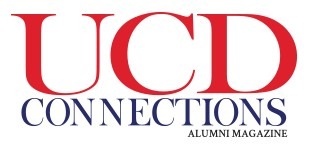1 Defending the coast
Coastal communities in Ireland face significant climate hazards such as coastal erosion, rising sea levels and flooding with risks to infrastructure, property and built heritage sites. Construction of physical barriers can often be problematic, so the focus is now on managed retreat from at-risk areas. The GeoPlan project by iCRAG, the SFI Research Centre for Applied Geosciences based at UCD, and UCD’s Dr Mick Lennon are developing a new framework to allow coastal communities best adapt to upcoming environmental changes.

2 Monitoring coastal waters
Led by Professor Wim Meijer from UCD School of Biomolecular and Biomedical Science, Acclimatize is a €9.2m EU-funded project that identifies and quantifies pollution streams and determines the impact on these waters. Work in Ireland focuses on large- scale urban at-risk bathing waters in Dublin Bay (Sandymount, Merrion and Dollymount strands) and Donabate and Portrane beaches in North County Dublin.
3 Spatial management of deep water ecosystems
Associate Professor Jens Carlsson from UCD School of Biology and Environmental Science is a principal investigator in ATLAS, a dynamic partnership between multinational industries, SMEs, governments and academia to assess the Atlantic’s deep-sea ecosystems and marine genetic resources to create integrated, adaptive planning products needed for sustainable ‘Blue Growth’. ATLAS is gathering new information on sensitive Atlantic ecosystems to fundamentally change our understanding of their connectivity, functioning and responses to future changes in human use and ocean climate. The ATLAS consortium has already developed a programme of 25 deep-sea cruises studying Atlantic wildlife including sponge, cold-water coral, seamount and mid-ocean ridge ecosystems.
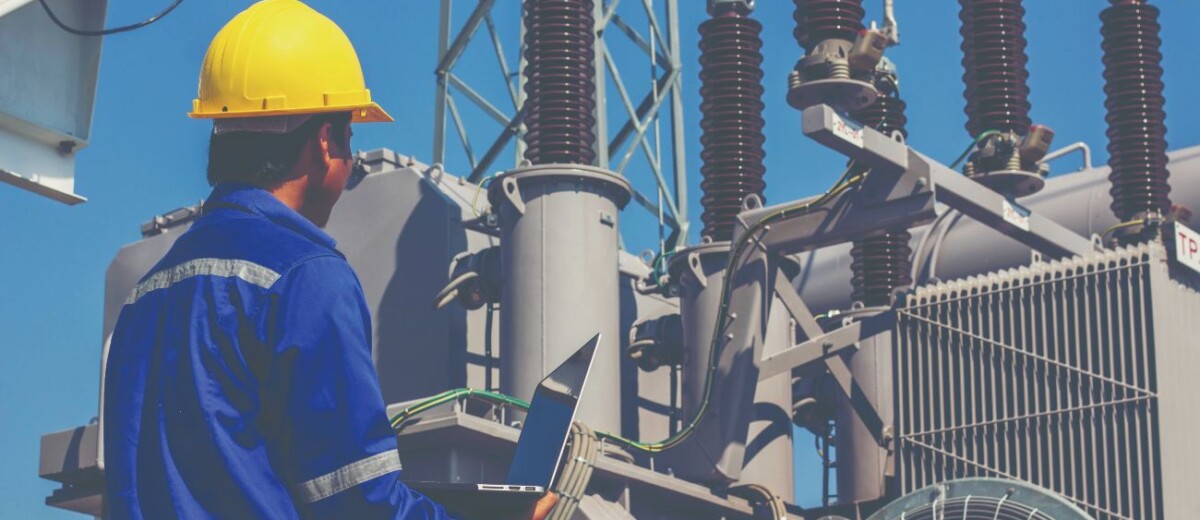
Sustainably Powering Our Lives
4 Zero Carbon Power
The UCD Energy Institute plays an integral part in the energy transition, working towards a net zero carbon energy system. The Institute is involved in several major international research projects including PANTERA, the EU H2020 project led by Dr Paula Carroll, aimed at creating a European research and innovation forum focused on smart grids, storage and local/renewable energy systems, including policy makers, standardisation bodies and experts representing the EU-28 energy system.
5 Electricity Revolution
Led by UCD Energy Institute director Professor Andrew Keane and Dr Terence O’Donnell, the SFI-funded programme ‘Adept’ investigates new approaches to the operation of the electricity distribution network with a particular focus on exploiting the controllability of power electronics devices such as smart transformers. Driven by concerns about climate change, the electricity industry is in the midst of a revolution with increasing connections of variable renewable generation.
Other projects such as Professor Mark O’Malley’s RealValue (Realising Value from Electricity Markets with Local Smart Electric Thermal Storage Technology) use information- communications technology to encourage consumers to smarten their own energy usage through local small-scale energy storage. This solution brings benefits to market participants throughout the EU, while gathering techno-economic and behavioural analysis that will be used to inform regulation and policy decision makers, and business models which quantify the potential of small-scale storage.
Nano Technology
6 Nanofacturing Nanopharmaceuticals
Led in Ireland by Professor Kenneth Dawson, ‘Nanofacturing’ is an EU-funded project that brings together a number of expert companies throughout Europe to establish a manufacturing platform to tackle the bottlenecks in the delivery of new- generation nanomedicines to the market. The project also supports later stage products with large potential markets by developing clinically compliant, sustainable, large-scale manufacturing processes capable of taking these products through to commercial manufacture and supply.
7 Nanobubbles
UCD researchers Professor Niall English and Dr Mohammad Reza Ghaani have discovered a new energy-efficient method to make metastable, nano-scale gas bubbles in water that has the potential to disrupt several industries. The tech has multiple commercial applications, such as in the fermentation processes of the food and brewing industries.
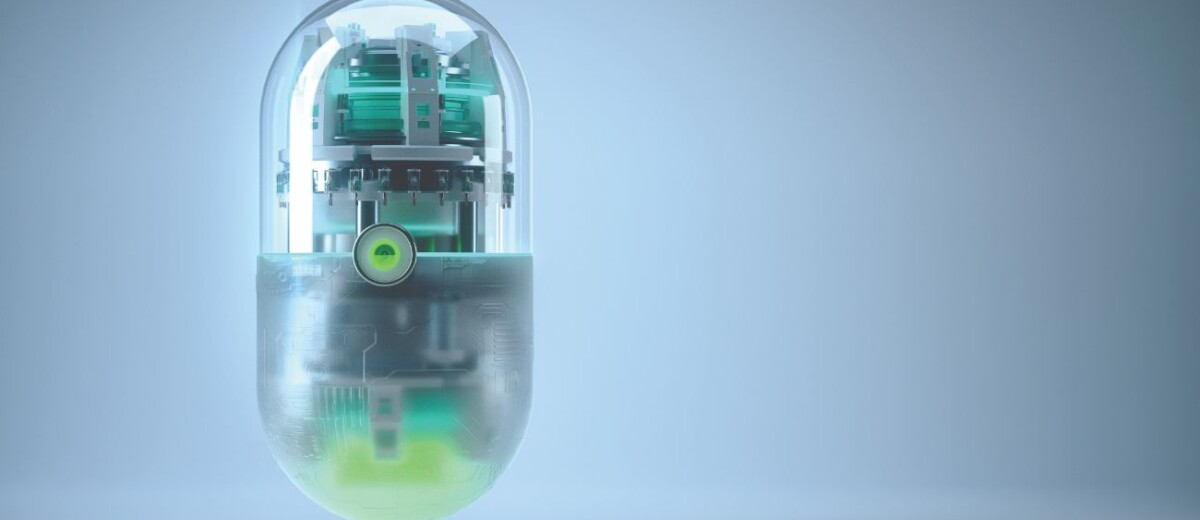
Sustainable Agriculture + Food Systems
8 Viable food value chains
Professor Nick Holden from UCD School of Biosystems and Food Engineering is a principal investigator in the Valumics (value chain dynamics) project to provide decision makers throughout food value chains with strategies and tools so they can evaluate the impact of their operations, and enhance the resilience, integrity and sustainability of food value chains for European countries. The project is driven by a consortium of 19 European partners from 14 countries and two Asian partners.
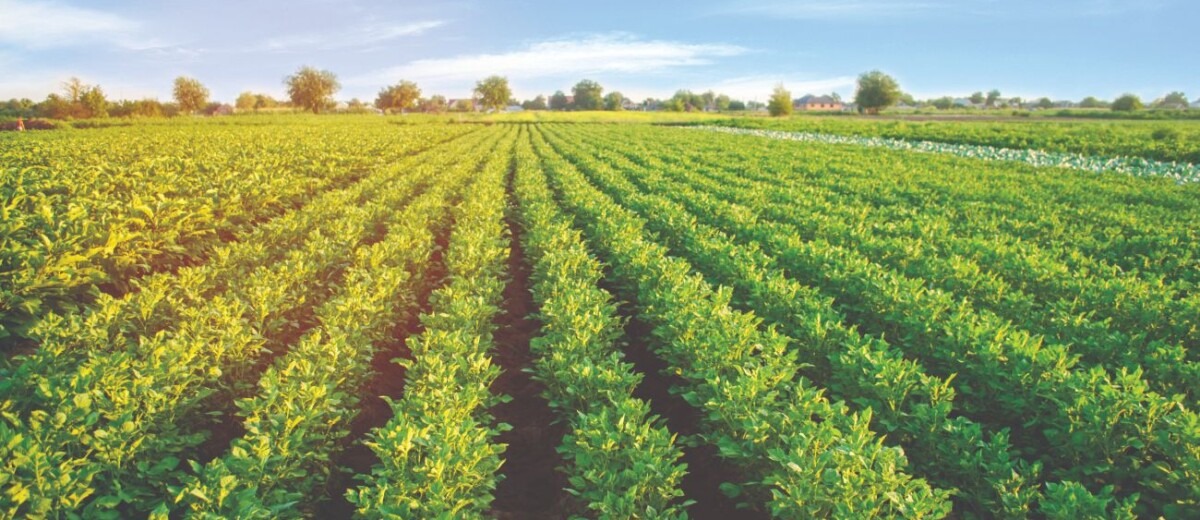
9 Green tech for crop growth
Feeding an increasing global population in the face of global climate change is a challenge for the agricultural sector and governments alike. The development of new species of crops with more desirable characteristics is critical, but so is their regulation. Professor Fiona Doohan is UCD lead on the InnoVar project (next-generation variety testing for improved cropping on European farmland). It addresses the need for fast, effective, harmonised testing of high-performance low-risk (HPLR) varieties for “value for cultivation and use”– using high-tech genomics, imaging and machine learning technologies.
10 Biomass answering natural food additive demand
The demand for phycocyanin, a natural food colourant, led to the establishment of SpiralG, an industrial biorefinery concept for the production of phycocyanin from the algae spirulina. The SpiralG project, with UCD’s Dr Fionnuala Murphy and Professor Kevin McDonnell, includes the construction of a demonstration plant with industry partners Greensea, Milis, Algaia and Mial. UCD is in charge of the Life Cycle Assessment, to undertake a sustainability evaluation over 48 months. The project aims to support new jobs, growth and investment in biomass production while ensuring environmental sustainability and a low environmental impact.
11 Food nutrition security cloud
Food and nutrition security (FNS) is about ensuring sufficient, affordable and nutritious food is accessible to all. Associate Professor Eileen Gibney’s EU-funded FNS- Cloud project is to federate FNS data on diet, health, and consumer behaviour as well as sustainable agriculture and the bio-economy. Ultimately, the aim is to facilitate informed and healthy choices by consumers.
12 Digital agriculture
Professor Greg O’Hare leads CONSUS, a five-year, €17.6m partnership between UCD and Origin Enterprises, supported through the Science Foundation Ireland (SFI) Strategic Partnership Programme. Its research areas include machine learning in farm decision-making, delivering farm innovation using augmented reality, optimising crop establishment to overcome soil compaction, enabling optimum nitrogen use efficiency and predicting disease outbreaks and biostimulants. Professor Colm O’Donnell also recently won funding for his part in DiTECT, the European project to develop an integrated framework for real-time detection, assessment and mitigation of biological, chemical and environmental contaminants throughout the food supply chain. Bringing together research, industrial and food authority partners from the agri-food industry in the EU and China, DiTECT aspires to establish the foundation for future food safety monitoring platforms, through the development of a Big Data platform.
13 Innovation Hub for Agriculture
Coordinated by UCD’s Centre for New Ventures and Entrepreneurs, NovaUCD, the new AgTech Connector Innovation Hub at UCD’s Lyons Farm in Kildare brings together the agriculture-technology ecosystem in Ireland to accelerate the launch and scaling of Ag-Tech companies. The hub provides these businesses with access to on- farm research, collaboration opportunities, a location to test and trial their products and services in a real-world environment, and access to dedicated acceleration programmes and incubation facilities – with a view to growing and evolving these industries in Ireland.
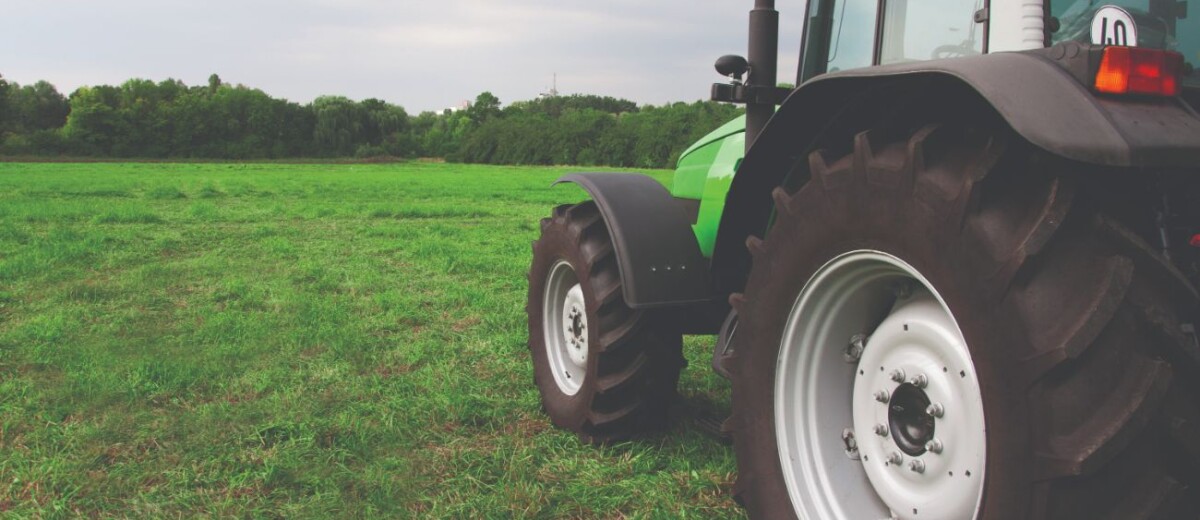
14 Sustainable farming with drones
The use of drones and other remote sensing tools in agriculture has seen significant growth in recent years. Drones have the potential to assist assessment of key decisions on the farm, such as when and where to spray for pests and diseases, predicting yields, how much fertiliser to apply and if the farm is compliant. Professor Nick Holden from UCD School of Biosystems and Food Engineering is co-founder of ProvEye, which aims to remove the barriers associated with poor data and consistency through the use of advanced processing software to derive quantitative data from images collected by drones and other platforms.
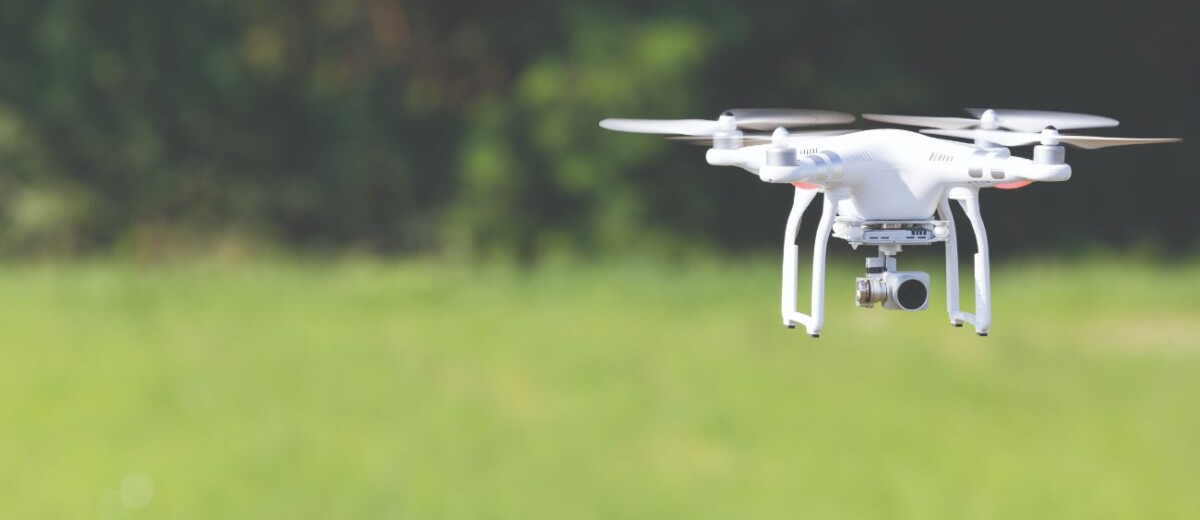
15 Climate friendly livestock farming
According to the Department of Agriculture, Food and the Marine, the vast majority of planted livestock pasture is perennial ryegrass (95 per cent of annual forage grass seed sales in Ireland), a nitrogen-hungry species that has serious negative environmental impacts including water pollution, increased emissions of greenhouse gas nitrous oxide, and loss of biodiversity. To address this, Dr Helen Sheridan and Professor Tommy Boland have developed SmartGrass on UCD’s Lyons Farm, with the aim of diversifying pasture to other species to match or even out-perform monocultures, while at same time needing much lower levels of nitrogen fertiliser.
Greener Urban Environments
16 Using citizen science for cleaner air and transport planning
Associate Professor Francesco Pilla from UCD School of Architecture, Planning and Environmental Policy has become a leader in UCD in the area of Smart Cities and sustainable urban environments, notable for their incorporation of citizen science. His project iSCAPE aims to integrate and advance the control of air quality and carbon emissions in European cities through the development of air pollution remediation strategies, policy interventions and behavioural change initiatives. It will tackle the problem of reducing air pollution at target receptors with an innovative SME-led approach, focusing on the use of Passive Control Systems and “Living Labs” in urban spaces. The project has created a guide for community groups, SMEs and local authorities in the six participating cities who want to explore low-cost air quality sensors and citizen science methodologies. Professor Pilla is also a principal investigator (PI) in “WeCount: Citizens Observing Urban Transport”, which follows participatory citizen science methods to co-create and use innovative low-cost, automated, road traffic-counting sensors and multi-stakeholder engagement mechanisms in five pilots in Madrid, Ljubljana, Dublin, Cardiff and Leuven.
17 Smart urban planning
In order to be sustainable, cities need smart planning. Associate Professor Francesco Pilla’s project SENATOR (Smart Network Operator Platform enabling Shared, Integrated and more Sustainable Urban Freight Logistics), aims to deliver just that by bringing together stakeholders within one multi-collaborative framework based on a new urban logistics model. The project considers factors such as new sustainable transport modes and urban space management.
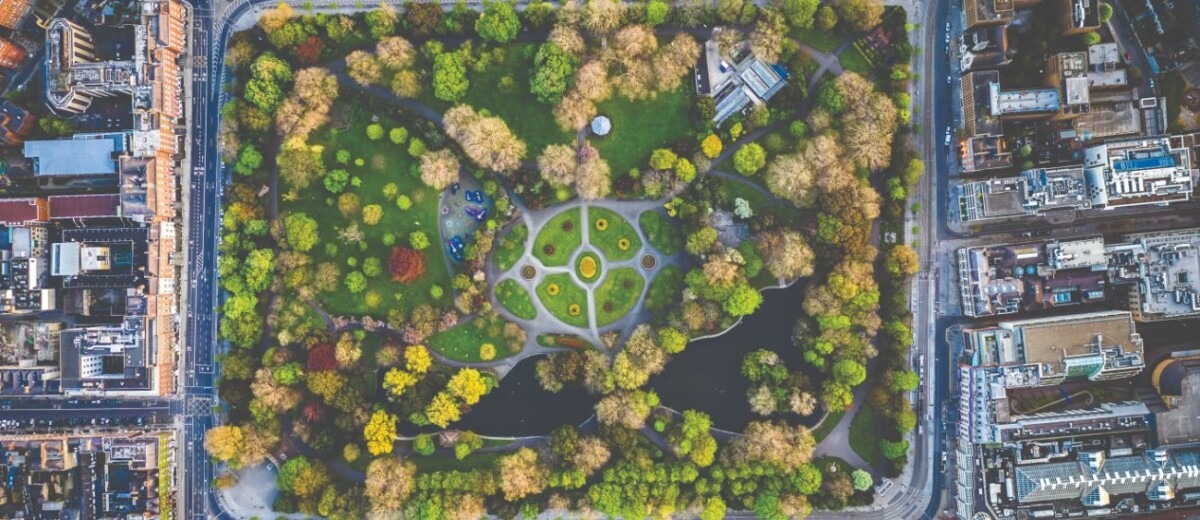
18 Energy-efficient buildings and districts
Dr James O’Donnell is UCD’s lead in New TREND (New Integrated Methodology and Tools for Retrofit Design Towards a Next Generation of Energy Efficient and Sustainable Buildings and Districts) which seeks to improve the energy efficiency of existing European building stock by developing a new design methodology targeted to the energy retrofit of buildings and neighbourhoods. New TREND has received funding from the EU Horizon 2020 Programme for Research and Innovation.
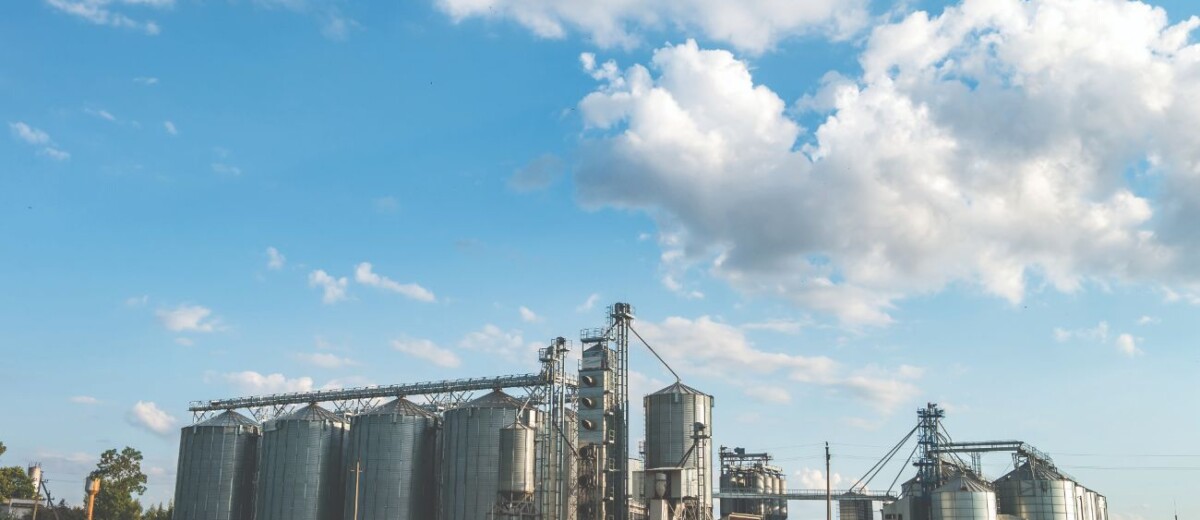
Future Networks
19 Sustainable Communications
Professor Anding Zhu from IoE2 (Internet of Things Engineering) Lab at UCD is exploring how a new generation communications structure can make 5G available to more people, lowering the cost and power consumption. The European project is called ‘Transievers for 5G Base Stations based on GaN Technology’.

Bioeconomy: Turning Waste Into A New Economy
20 New products from by-products
UCD is a leader in the Bioeconomy space, and is home to BiOrbic, the SFI Bioeconomy Research Centre – established and led by Professor Kevin O’Connor from UCD School of Biomolecular and Biomedical Science. This fast-expanding new sector will transform the waste outputs of agriculture and industry and breathe new life into rural economies.
Approximately one third of all food produced globally is wasted every year throughout the whole value chain, from farmers to consumers. To extract the significant amounts of valuable compounds contained in these wastes, “AgriMax” (led in UCD by Professor James Lyng) will combine affordable and flexible processing technologies (ultrasound-assisted and solvent extraction, filtration, thermal and enzymatic treatments) to create valuable by-products with applications in many areas including food additives, packaging and agricultural materials among others. The project will disclose the holistic potential of four new agro-value chains – residues and by-products from the culture and processing of tomato, cereals, olives and potato – which can add value in a cooperative approach for local rural businesses.
Similarly, Dr Tom Curran’s vision, “AgroCycle” addresses converting low-value waste into highly valuable products. The project piloted a number of key waste utilisation/ valorisation pathways, using new technologies across the 25-partner multisectoral, multinational consortium, including China – and is commencing its commercialisation cycle.
Realising the commercial potential of UCD Bioeconomy research, “AgriChemWhey” saw UCD School of Biosystems and Food Engineering (through Professor Nick Holden and Dr Fionnuala Murphy) partner with a consortium from five countries to build a first-of-a-kind, industrial-scale biorefinery to convert over 25,000 tonnes per year of excess whey by- product into several added-value products for growing global markets – including lactic acid, polylactic acid, minerals for human nutrition and bio-based fertilisers. This offers society and industry the opportunity for greater resource efficiency, less food waste, more products from the same starting material, and integration of food and non-food material production.
